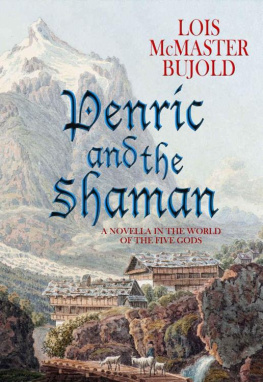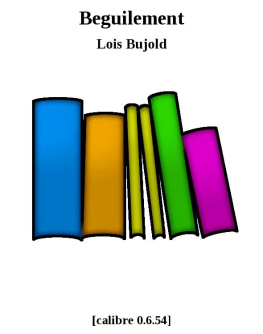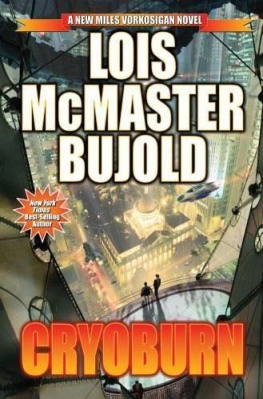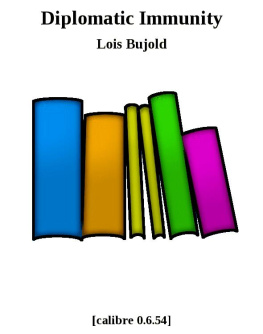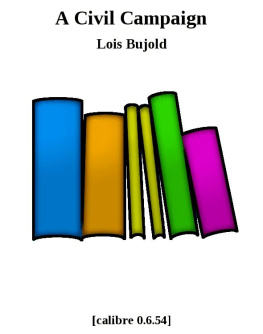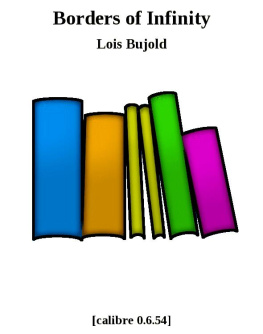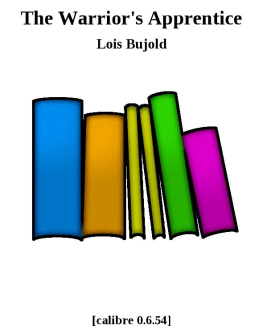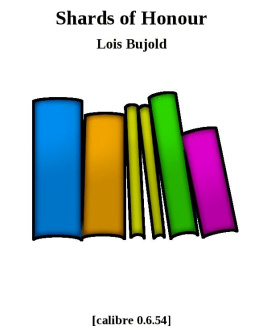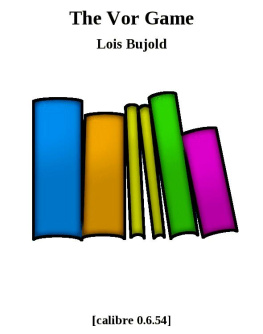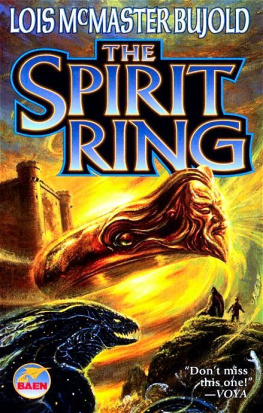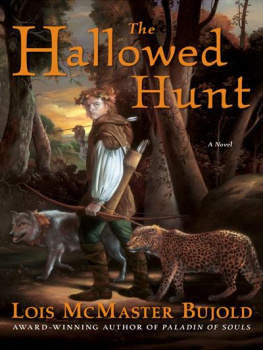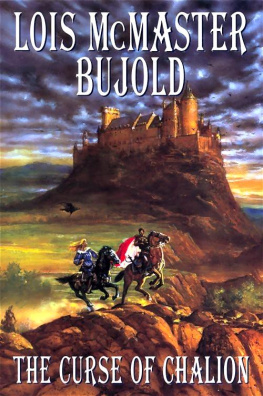Sylvia Kelso - Three Observations and a Dialogue
Here you can read online Sylvia Kelso - Three Observations and a Dialogue full text of the book (entire story) in english for free. Download pdf and epub, get meaning, cover and reviews about this ebook. year: 2009, publisher: Book View Cafe, genre: Art. Description of the work, (preface) as well as reviews are available. Best literature library LitArk.com created for fans of good reading and offers a wide selection of genres:
Romance novel
Science fiction
Adventure
Detective
Science
History
Home and family
Prose
Art
Politics
Computer
Non-fiction
Religion
Business
Children
Humor
Choose a favorite category and find really read worthwhile books. Enjoy immersion in the world of imagination, feel the emotions of the characters or learn something new for yourself, make an fascinating discovery.

- Book:Three Observations and a Dialogue
- Author:
- Publisher:Book View Cafe
- Genre:
- Year:2009
- Rating:5 / 5
- Favourites:Add to favourites
- Your mark:
- 100
- 1
- 2
- 3
- 4
- 5
Three Observations and a Dialogue: summary, description and annotation
We offer to read an annotation, description, summary or preface (depends on what the author of the book "Three Observations and a Dialogue" wrote himself). If you haven't found the necessary information about the book — write in the comments, we will try to find it.
Essays from the circumference on SF Communities, Terraforming, Lois McMaster Bujold, and what happens when authors and academics write back.
Three Observations and a Dialogue — read online for free the complete book (whole text) full work
Below is the text of the book, divided by pages. System saving the place of the last page read, allows you to conveniently read the book "Three Observations and a Dialogue" online for free, without having to search again every time where you left off. Put a bookmark, and you can go to the page where you finished reading at any time.
Font size:
Interval:
Bookmark:

By
Sylvia Kelso
With thanks to my long-suffering PhD supervisor, Professor Robert Dixon, and to Dave Willingham, who published my first fully-fledged academic article. And affectionate and respectful thanks to the many SF writers who over the years have entertained, fascinated, provoked me to thought, and on whose work these speculations were built.
A chapter heading in eluki bes shahars novel Hellflower exactly captures my position here at WisCon, and Id like to thank her for it. I am somewhat of a third person peculiar at WisCon, and that position, and the tensions between its varying componentsas academic researcher, sf reader and/or member of the sf communityis really what this paper is about.
To begin with the most obvious peculiarity, I am an Australian abroad, as you can tell from the moment I talk. To go on, Ive always read sf, but though I fit the classic sf readers profilefirst child, introspective, lay interest in scienceI have never shared an up-close, personal acquaintance with the sf community, let alone what I understand as fandom, which is the basis of convention-going. Ive only glimpsed such a community electronically since a conference about eighteen months ago put me on the Australian sf grapevine and connected me with Justine [Larbalestier] and Helen [Merrick], then fellow post-graduate, or as they say in the US, graduate students. When Justine began mentioning interviews with Connie Willis and meeting Katharine Kerr, my first response was pure sensawundalike, Really? WOOWW And when Helen and Justine inveigled me onto the Fem-SF listserv, and names like Suzy McKee Charnas and Karen Joy Fowler started turning up on my email, I thought the Inbox had sprouted unicorns.
In another sense, I am even more dislocated in this milieu because Ive worked as an academic for the last twelve years, and for at least six of those I have researched, thought, and written about sf. I have read enough rude remarks about how academics mishandle sf to feel dubious about the wisdom of admitting that. And yet I dont really fit the academic slot either, because I dont read high fiction for pleasure. For pleasure, I read what I study: feminist (sometimes) detective novels, commercial fantasy, and sf. This sounds simple, but its effect has been more like terraforming. To explain, let me steal a title, in good academic fashion, from a fashionable theorist: I have to talk about the pleasures of the sf text.
In equally feminist fashion, let me use some personal experience here. Long, long ago, in a galaxy far, far awayas far away as North Queensland, which is the finger at the eastern side of Australia, and longer ago than I intend to admitthere was a kid sitting on the homestead veranda on a hot January afternoon, reading a book. At least, her body was there; the rest was sneaking across a mysterious sub-Alpine plateau at the head of the Amazon. She read a lot, including a good Childrens Encyclopedia, where she had found a beautiful plate of an iguanodon, old style, sitting on its hind-legs like a kangaroo. So she knew what they were, and how they looked, and how long it had been since theyd existed. And lo and behold, as Conan Doyles intrepid explorers rounded a clump of bushesthere was a glade full of grazing iguanodons.
Writing this paper, I spent a long time trying to capture that girls response. You all know the clich for it; its the hoariest line in sf. It was my first experience with sensawunda, of course. But let me do another quick academic detour here to tell you that sense of wonder has a long and lofty pedigree, which theorist Stephen Greenblatt kindly assembled for me. According to Greenblatt, Ancient Greek Aristotelian philosophers saw wonder and pleasure as the endthe goalof poetry. By the Renaissance, an influential Italian critic thought that no one who failed to excel at arousing wonder could be called a poet. Thomas Aquinass teacher hit the nail closest of all. Wonder, he said, was not only intellectual, it was visceral. It caused a systole of the heart (79-81).
Despite its hoariness, that, I think, is a hallmark pleasure of the sf text; and although such experiences are rare as a phoenix, its one I have never lost. When I found the sea vane in Nicola Griffiths Ammonite (326), there it was, just as on Conan Doyles South American plateau: the pause, the stoppage, the visceral clutch. The systole of the heart.
Now grow the explorer up: an English graduate of the late 60s, rather idealistic about politics, rather cynical about art. Dutifully plowing through Barth and Pynchon and Burroughs in the library, buying Dune and Lord of the Rings and slipping off to rock concerts on the side. Then she walks into her local bookshopabout 900 miles from campusand finds a Victor Gollancz hardback with the old yellow dust-jacket that signals, sf.
This is a fairly literate reader; besides Spenser and Chaucer she has studied the Aeneid and known the Iliad almost as long as Conan Doyle, and she has a 60s taste for myth. But with her persistent low tastes, that yellow cover is a magnet. So she picks it up, reads the titleThe Einstein Intersection, by some writer she doesnt knowflips it open, and heres Lobey fighting his mutant Minotaur. This time its not just a systole of the heart; its, Wow, they never told me sf writers did stuff like this!
Mostly, they dont. One of the drawbacks of an old-fashioned humanist tertiary education is that it leaves this awful awareness of style: you can take the girl out of humanism, but you cant take humanism out of the girl. But when an sf writer is a stylist, reading does things for a humanist-educated reader that no realist text can match. It affordsto use another old phrasean aesthetic pleasure in the text.
Now picture your explorer as a secretary in an outback Queensland town: three or four hundred people, streets wide enough to turn a wool wagon. And three blocks from Main Street, these long, long horizons where a hill goes for two and three miles, nothing but grass and glare. Nothing much in town, either; and only the news agency sells books. She wanders in one day in 1975, and heres a cover that says sf and a name she first saw in a second-hand bin in the Athens Plaka. Ursula K. Le Guin: The Dispossessed . So she buys it and takes it home, and ninety or so pages in, Shevek sits down on a park bench with a woman at the other end. Shes old and oddly dressed and, The light was dying fast but she never looked up. She went on reading the proof-sheets of The Social Organism (Le Guin, 90).
The double-take that its a statue is a given. In those ninety pages, Odos founding role for Anarres, incidents in Odos life, and the pronoun she crop up often enough: its not as if you dont know who she is. But I still remember getting halfway down the pagestopping, staring at the fan, which was burning its blades off as usualgoing back to re-read, and thinking, Ye GodsOdos a woman philosopher!
To you in the United States, of course, this is almost a time warp. Nineteen seventy-five: feminists were re-writing every academic discipline from linguistics to anthropology, feminist utopias were popping out like peas Woman on the Edge of Time , Houston, Houston, Do You Read?, The Female Man . Womens studies were getting off the ground; women were infiltrating every profession. It happened in Australia too. I just wasnt where it happened. I was a proto-feministI self-raised my consciousness about 1972, defining the problem with Betty Friedan and transiting the rage phase with Germaine Greer. But I did it in the bush, and for all I knew, I was the only female in Queensland with such weird ideas.
Font size:
Interval:
Bookmark:
Similar books «Three Observations and a Dialogue»
Look at similar books to Three Observations and a Dialogue. We have selected literature similar in name and meaning in the hope of providing readers with more options to find new, interesting, not yet read works.
Discussion, reviews of the book Three Observations and a Dialogue and just readers' own opinions. Leave your comments, write what you think about the work, its meaning or the main characters. Specify what exactly you liked and what you didn't like, and why you think so.

